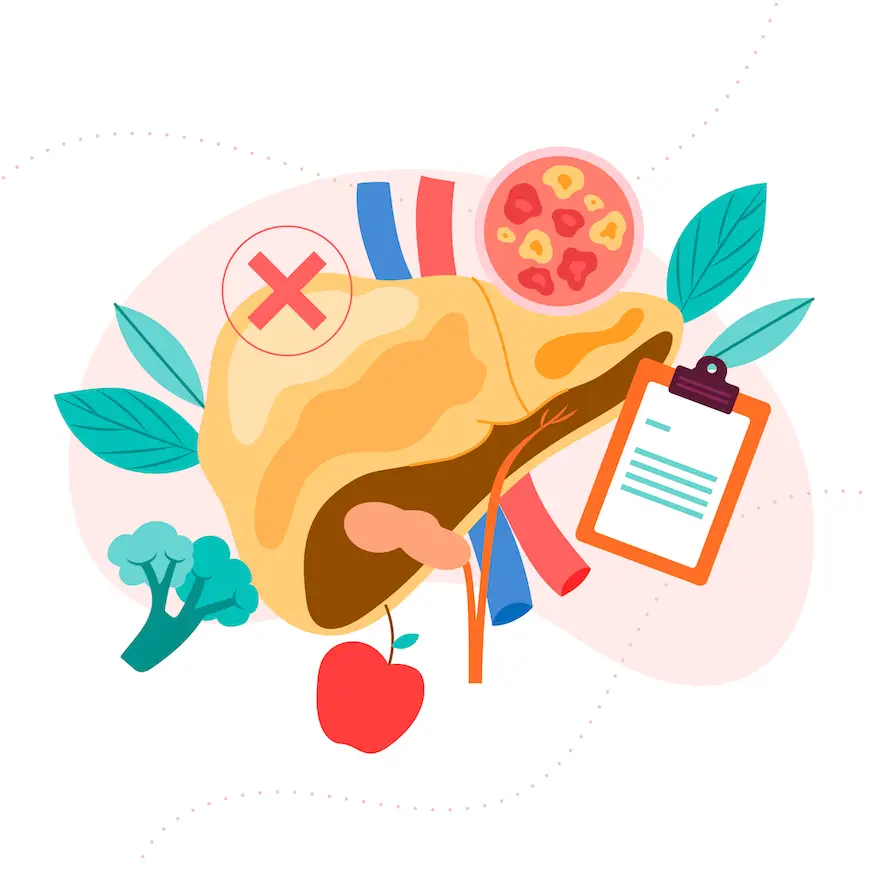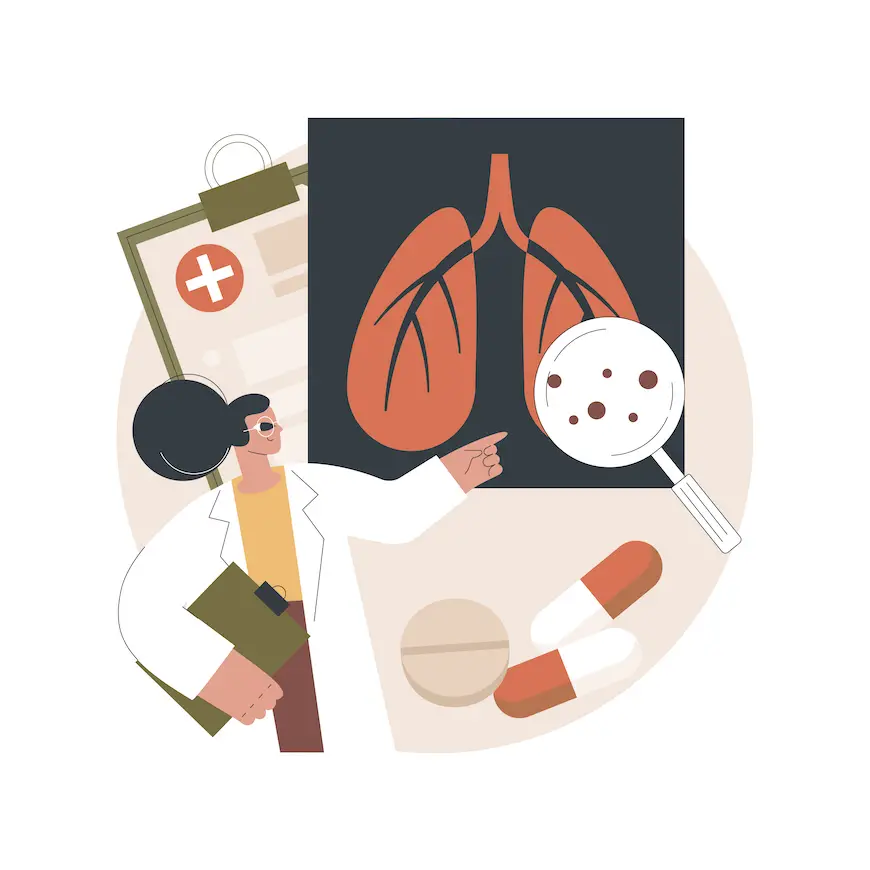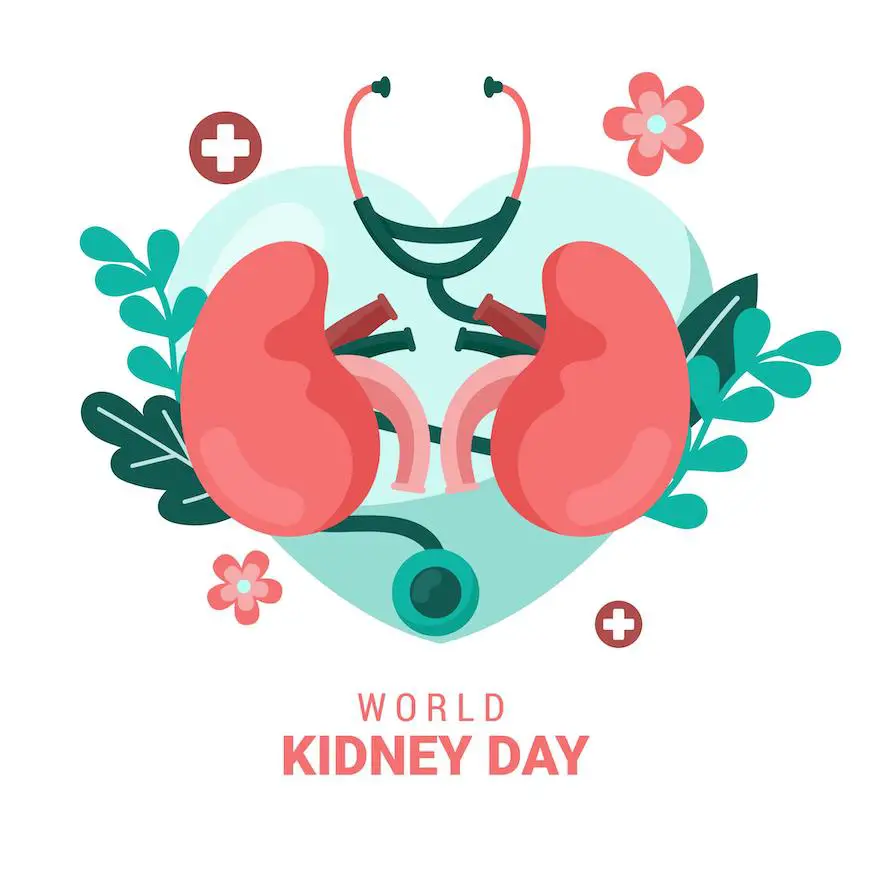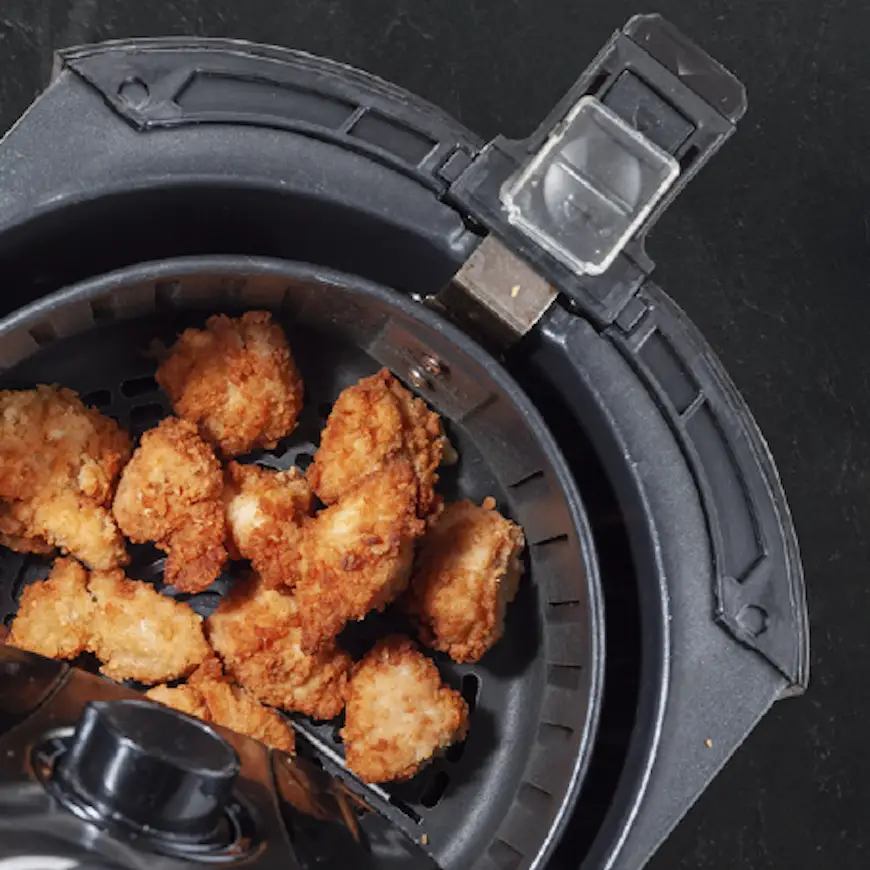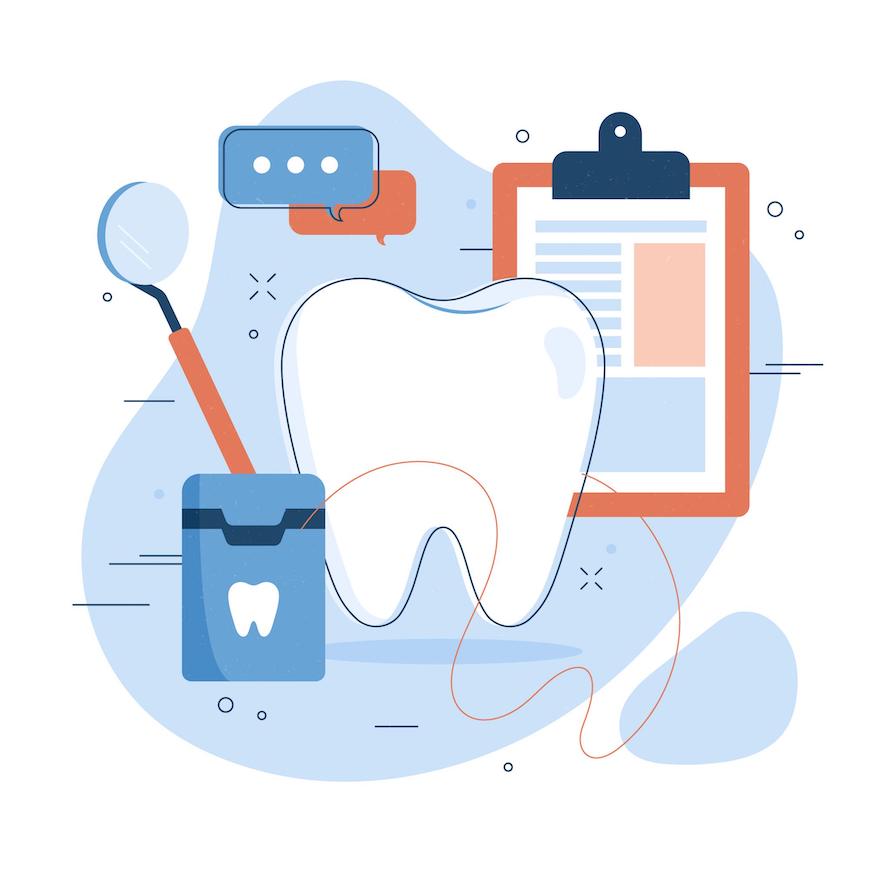Cutting meat out of your diet can lead to significant changes in your body, particularly in digestion and overall health. What happens when you stop eating meat? Transitioning to a plant-based diet offers numerous benefits, including improved bowel movements, better nutrient absorption, and a reduced risk of certain health conditions.
However, this shift also comes with adjustments, such as changes in stool consistency, digestion speed, and the need for careful meal planning to ensure adequate nutrient intake.
Understanding the Digestive Changes
One of the most noticeable effects of eliminating meat from your diet is the impact on digestion. When You Stop Eating Meat? Your gut microbiome, comprising trillions of bacteria, plays a crucial role in processing food. Meat consumption affects gut bacteria, and removing it from your diet can cause a shift that may initially lead to digestive changes.
If you’ve ever wondered what happens when you stop eating meat, the answer lies in how your body adapts to increased fiber intake and different sources of protein.
Softer Stool and Improved Bowel Movements
Fiber is a key player in digestive health, and plant-based diets are naturally higher in fiber than meat-heavy ones. When You Stop Eating Meat? Meat lacks fiber, which means it does not contribute to stool bulk or consistency. When switching to a meat-free diet, you might notice softer stools due to the higher intake of fruits, vegetables, legumes, and whole grains. Fiber absorbs water in the intestines, helping stools pass more smoothly.
This transition might initially cause bloating and gas as your body adjusts to the fiber increase, but over time, digestion stabilizes.
Amazon Product Recommendations:
- Psyllium Husk Fiber Supplement – Supports digestive health and regulates bowel movements.
- Digestive Enzymes with Probiotics – Helps with smoother digestion during dietary transitions.
- Herbal Detox Tea – Promotes a healthy gut and reduces bloating.
More Frequent Trips to the Bathroom
If you’ve ever asked what happens when you stop eating meat, an increase in bathroom frequency is a common answer. When You Stop Eating Meat? Meat is digested more slowly due to its protein and fat content, whereas plant-based foods move through the digestive system faster.
People who follow vegetarian or vegan diets tend to have more frequent and well-formed bowel movements compared to those who consume meat regularly.
Less Straining and Smoother Elimination
Many people who struggle with constipation find relief when they stop eating meat. When You Stop Eating Meat? High-fiber foods create softer stools, reducing the need to strain. Processed meats, red meat, and high-fat cuts can contribute to sluggish digestion and harder stools, making elimination more difficult.
Reduction in Greasy Stools
Steatorrhea, or greasy stools, can result from consuming high-fat foods, including meat. When You Stop Eating Meat? Since plant-based diets are generally lower in saturated fats, eliminating meat from your diet can reduce greasy bowel movements. If you previously noticed oiliness in your stool, switching to plant-based meals may alleviate this issue.
Additional Digestive Symptoms When Cutting Out Meat
When researching what happens when you stop eating meat, many people are concerned about gas, bloating, and nutrient deficiencies. When You Stop Eating Meat? These are normal responses as the body adjusts.
Increase in Gas and Bloating
More fiber means more fermentation in the gut, leading to increased gas production. When You Stop Eating Meat? Foods such as beans, lentils, and cruciferous vegetables (broccoli, cauliflower, Brussels sprouts) can cause bloating. However, this typically subsides as the body adapts.
Less Heartburn and Acid Reflux
Meat, especially fatty cuts, can trigger acid reflux. When You Stop Eating Meat? Reducing or eliminating it can lead to fewer occurrences of heartburn and improved digestive comfort. Plant-based diets are generally more alkaline, reducing the likelihood of acid reflux symptoms.
Feeling Hungrier Than Usual
Meat is filling due to its protein and fat content, which slows digestion. When You Stop Eating Meat ? Without it, you may feel hungry more often, especially if your diet lacks sufficient plant-based protein sources. To stay full longer, incorporate legumes, tofu, quinoa, and whole grains.
How to Support Healthy Digestion Without Meat
Now that you know what happens when you stop eating meat, here are some tips for maintaining balanced digestion: When You Stop Eating Meat?
- Drink plenty of water – Aim for 2-3 liters daily to aid digestion and prevent constipation.
- Eat a variety of fiber-rich foods – Include whole grains, legumes, and fresh produce.
- Exercise regularly – Physical activity supports a healthy digestive system.
- Consume probiotics – Supports gut health and balances bacteria.
- Listen to your body – Adjust your diet based on how your digestion feels.
Amazon Product Recommendations:
- Hydration Reminder Smart Bottle – Helps track water intake.
- Probiotic and Prebiotic Capsules – Promotes gut health.
- Yoga and Meditation Kit – Reduces stress, which can affect digestion.
Final Thoughts: What Happens When You Stop Eating Meat?
Switching to a vegetarian or vegan diet can lead to significant improvements in digestion, but it requires thoughtful meal planning. When You Stop Eating Meat? While more frequent, softer stools and reduced constipation are common benefits, some individuals may experience temporary bloating and increased hunger. Adjusting to a well-balanced, plant-based diet ensures optimal gut health and overall well-being.
If you’re making the transition, be mindful of your body’s responses, experiment with different foods, and stay hydrated to support digestive comfort. Knowing what happens when you stop eating meat can help you prepare for these changes and make informed choices along the way.

